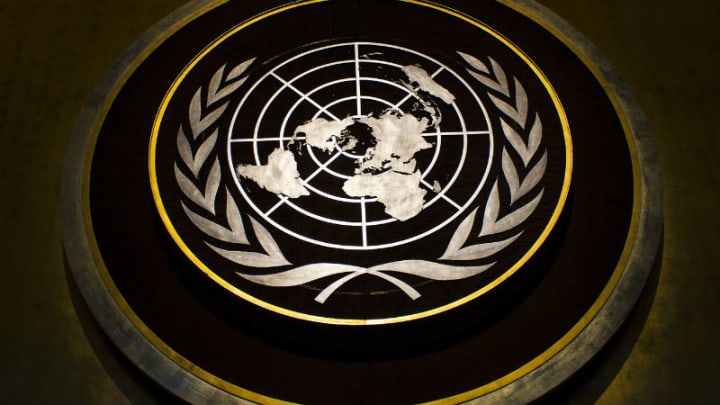Four more people have died in protests in Bolivia, an international monitor reported Saturday, as the UN rights chief warned that excessive force by police could see unrest “spin out of control.”
Fierce clashes between security forces and supporters of exiled ex-president Evo Morales have rocked the country since Tuesday, when Senator Jeanine Anez declared herself the country’s interim leader.
Morales resigned and fled to Mexico after losing the support of Bolivia’s security forces following weeks of protests over his disputed re-election.
The latest toll takes the total number killed in the political crisis to 23, according to the Washington-based Inter-American Commission on Human Rights, which also recorded 122 injured since Friday.
It raises to nine the number of people killed in clashes with security forces on Friday outside the central city of Cochabamba, a Morales political stronghold.
Thousands of coca growers had tried to reach the city to join a protest against Anez but they were blocked by riot police, who stopped them from crossing a bridge and dispersed the crowd after dark with the support of the army.
Five protesters were initially reported dead in the confrontation. Interim cabinet chief Jerjes Justiniano was unable to confirm the higher toll when speaking to reporters on Saturday.
UN High Commissioner for Human Rights Michele Bachelet said those deaths appeared to have resulted from “disproportionate” force by police and the armed forces.
“This is an extremely dangerous development as, far from quelling the violence, it is likely to make it much worse,” she added.
“I am really concerned that the situation in Bolivia could spin out of control if the authorities do not handle it sensitively and in accordance with international norms and standards governing the use of force.”
Anez issued a decree on Thursday that authorized the military to participate in maintaining order and exempted the armed forces from criminal responsibility.
Morales, 60, said on Twitter that the measure gave “carte blanche and impunity to massacre people.”
– Weeks of protest –
Unrest in Bolivia first erupted when Morales — the country’s first indigenous president — was accused of rigging the results of October 20 polls to gain re-election for a fourth term.
He eventually resigned and fled the country after losing the support of Bolivia’s security forces following weeks of protests, but said this week we was willing to return to bring peace to Bolivia.
Read Also: Paris Police Fire Tear Gas On ‘Yellow Vest’ Protesters
But Anez said her predecessor would have to face charges if he returned, telling journalists that there were “many allegations of corruption” during his tenure.
Anez, the former deputy senate speaker, took over the top job to avoid a power vacuum — a move endorsed by the Constitutional Court.
Bachelet said Saturday that the country was “split and people on both sides of the political divide are extremely angry.”
Tensions had risen in the wake of “widespread arrests and detentions,” she added.
CNN NEWS
